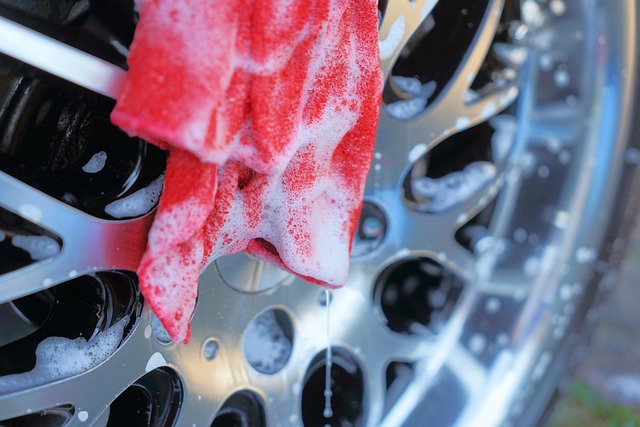Tree fertilization is crucial for healthy urban forests in Denver, preventing diseases and damage that can cost more than average tree removal rates (up to $200) in the metro area. Understanding fertilizer costs, influenced by type, application method, season, and property size, helps homeowners make strategic investments. Consulting professionals for tailored programs based on species, age, and soil conditions can enhance tree health, increase property value, and potentially save money by avoiding future removals or repairs.
“Discover the secrets to thriving trees with our comprehensive guide on tree care fertilization programs. In this article, we demystify tree fertilization, breaking down essential practices and factors affecting costs in the vibrant Denver metro area. Learn how to navigate the average tree removal cost while enhancing your landscaping with efficient, tailored tree care strategies for homeowners. From understanding program fundamentals to adopting best practices, this guide equips you to nurture nature’s beauty.”
- Understanding Tree Fertilization Programs
- Factors Affecting Fertilizer Costs in Denver
- Efficient Tree Care Practices for Homeowners
Understanding Tree Fertilization Programs

Tree fertilization programs are a vital aspect of maintaining healthy and vibrant landscapes, especially in urban areas like the Denver metro region, where trees face unique challenges. Understanding these programs is essential for both homeowners and landscaping professionals, given that proper nutrition can significantly impact a tree’s growth, resilience, and overall health. In the Denver area, with its diverse climate and soil conditions, tailoring fertilization strategies to specific tree species and local environmental factors is crucial.
The average tree removal cost in the Denver metro area varies based on several variables, including the size and type of tree, accessibility, and the level of service required. However, investing in a well-planned fertilization program can prevent costly future issues related to diseased or damaged trees. By providing the necessary nutrients, these programs enhance soil health, encourage robust growth, and help trees withstand environmental stresses, ultimately contributing to the longevity and beauty of local landscapes.
Factors Affecting Fertilizer Costs in Denver

In the Denver metro area, fertilizer costs can vary significantly based on several factors. One of the primary influences is the average tree removal cost, which typically ranges from $75 to $200 per tree, depending on the size and accessibility. This expense includes not just removing the tree but also disposing of the debris responsibly. Additionally, the type of fertilizer plays a crucial role; specialized tree fertilizers can be more expensive than general-purpose options, especially those designed for fast-growing species common in the region.
Another factor affecting fertilizer costs is the application method. Professional services often charge more for detailed, targeted applications using advanced equipment compared to do-it-yourself methods. Seasonal variations also exist; spring and fall tend to be peak seasons for tree care, leading to higher service charges. Moreover, the size of the property and the number of trees to be fertilized can dramatically impact overall costs, with larger properties requiring more resources and time.
Efficient Tree Care Practices for Homeowners

Maintaining healthy trees is a valuable investment for homeowners, and efficient tree care practices can significantly impact a property’s overall aesthetics and value. One crucial aspect is regular fertilization, which provides essential nutrients to support robust growth. However, it’s not as simple as spreading fertilizer willy-nilly; proper timing and application methods are key.
In the Denver metro area, understanding the average tree removal cost is essential for budgeting. Homeowners should aim for a balanced approach by consulting professionals who can recommend tailored fertilization programs. These experts will consider factors like tree species, age, and soil conditions to determine the best nutrients and application techniques. By adopting these efficient practices, homeowners not only ensure their trees thrive but also contribute to a healthier environment while potentially saving on costly future removals or repairs.
Tree fertilization programs are an essential component of maintaining healthy urban forests, especially in areas like the Denver metro region. By understanding the factors influencing fertilizer costs and adopting efficient care practices, homeowners can effectively manage their trees’ nutritional needs without breaking the bank. With the average tree removal cost in the Denver area varying widely, prioritizing preventive care through fertilization can be a cost-effective strategy for ensuring the longevity of these vital urban resources.
